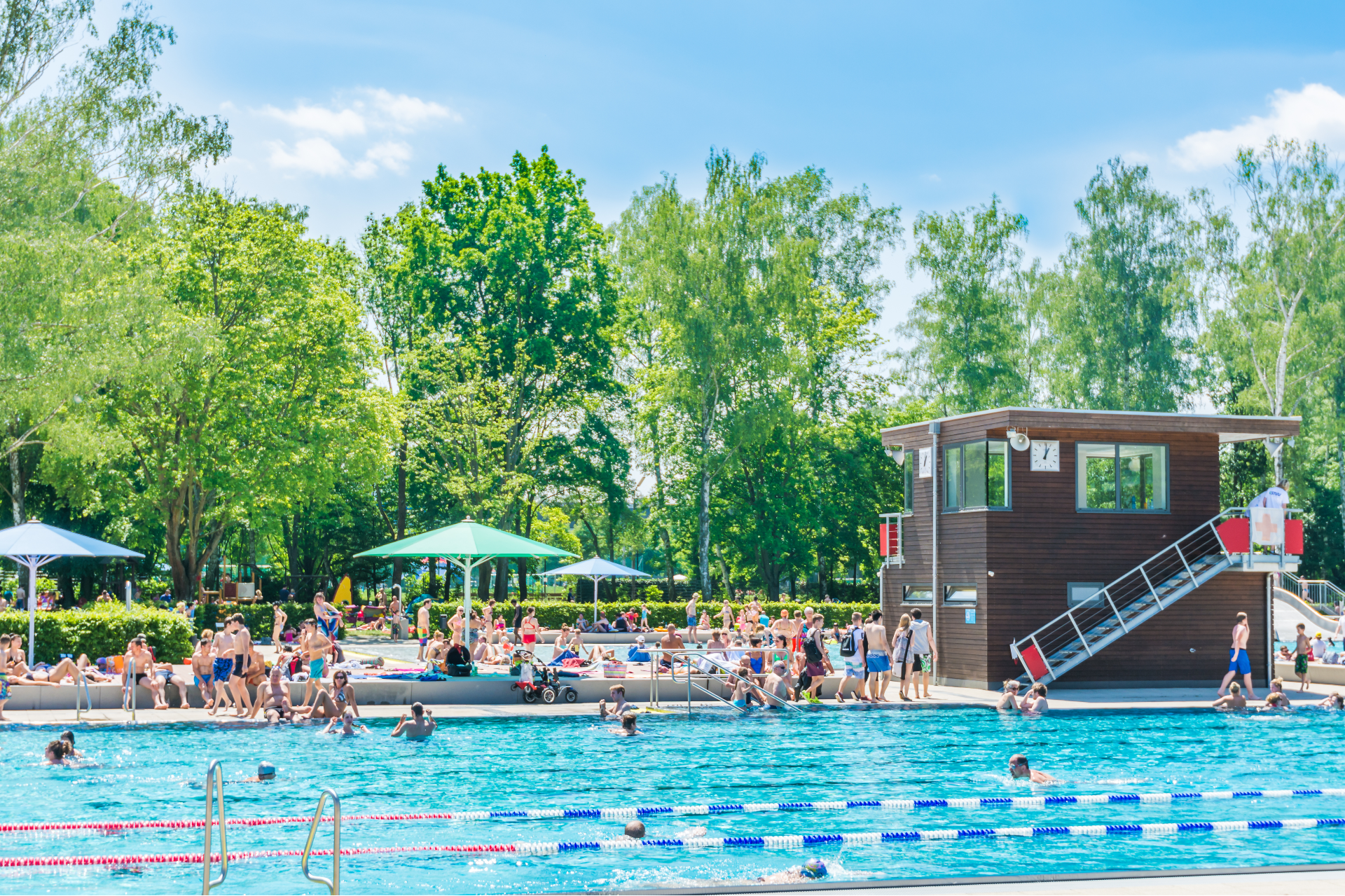As aquatics facilities begin to emerge from the pandemic, professionals are finding the summer to offer mixed blessings.
It appears more pools are opening than last year, much to the delight of users. The City of Atlanta, for instance, not only opened all 12 of its pools, but also is offering free admission.
However some programs will remain closed another summer, whether from budgetary issues or staffing shortages. For instance, all state parks in Virginia and Tennessee will keep their pools closed, with officials citing staffing shortages.
Mick Nelson of Total Aquatic Programming in Colorado Springs, Colo., has tracked 110 entities that are choosing to keep at least one of their pools closed. Many of these municipalities, YMCA’s, HOA’s, etc. will keep multiple pools shuttered, so Nelson expects the number of actual closures to be significantly higher.
The industry does take heart in the increased openings and sees things moving in the right direction. However, managers are confronted with new obstacles as the season progresses.
For instance, local codes and ordinances usually can’t change as rapidly as directives from the Centers for Disease Control and Prevention (CDC), causing confusion among operators about issues such as when to mask. Facilities aligned work with local school districts, for instance, may keep the older, more conservative rules in place, at least until children under 12 can be immunized, said Nicole Jacobson, recreation manager for City of Milwaukee.
This causes an additional disconnect with visitors, who hear the much-publicized loosening of CDC recommendations to account for increased vaccinations. Visitors then expect their local aquatics centers to follow the CDC.
Operators should always comply with local law first, experts and observers say. The CDC’s recommendations are not codified — unless the local governing body formally adopts them. Explain this to visitors as much as possible.
Facilities continue addressing the staffing shortage, especially the availability of lifeguards and swim instructors. Some are even offering signing bonuses. The city of Dublin, Calif., for instance, provides $500 to anyone who accepts a 30-hour position, while full-timers receive $750.
Lessons are being learned along the way. For instance, some facilities have had to make unexpected and expensive repairs and replacements of equipment and pool shells, after leaving them empty for months, making clear the need for proper closing and winterization rather than draining, especially for longer periods.
Others are finding the value of relationships with local officials. “[Success] really depends in part on the relationships developed at the city and county levels,” said Sue Nelson of Total Aquatic Programming. “If you do not have those kinds of relationships and inform people of your protocols, you’re probably going to be struggling.”



